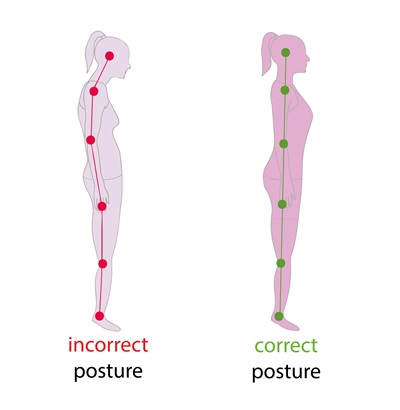From juggling challenging projects to dealing with your colleagues’ varied personalities and quirks, your job, while rewarding, can often be a source of stress.
Stress can be good in small amounts, providing an energy boost and making you more alert. But it can affect your physical and mental health if you’re stressed over a long period of time. While it might be difficult to do sometimes, finding effective ways to relieve or lessen your stress is vital to your health.
Each person reacts to stress in different ways, but common signs include headaches, lack of focus, overeating or not eating enough, lack of energy, a short temper, an upset stomach, difficulty sleeping, poor self-esteem and aches and pains. Some of these symptoms also might be signs of anxiety or depression, which you could develop because of long-term stress.
Stress causes your body to release stress hormones that in the long term could lead to several health problems, including heart disease, obesity, high blood pressure, acne and menstrual problems.
Here are a few suggestions to help you deal with stress and stay healthy.
- Adjust your attitude: Be a problem solver by making a list of what causes your stress, and then determine what can be solved immediately and what things you can’t control right now – be flexible. Get organized by planning ahead and writing a to-do list. Set limits by being realistic about what you can do at work and at home.
- Take time out to relax: If you’re stressed, take some deep breaths. You can also relax your muscles by stretching. If your neck and upper back muscles are especially tense, get a massage. And take time for activities you want to do – listening to music, watching a movie or reading a book.
- Take good care of your body: Get enough sleep (7 to 9 hours each night is what most of us need to feel rested). Fuel your body with the right foods – fruits, vegetables, whole grains and beans – and drink plenty of water. Get enough exercise to help you relax and boost your mood.
- Reach out to others: Vent to family or friends, and seek help from a professional if needed. Look for opportunities to volunteer to help others in your community.




